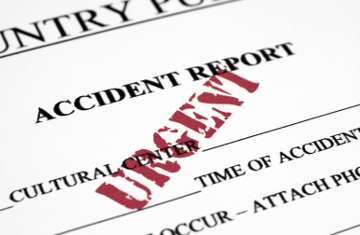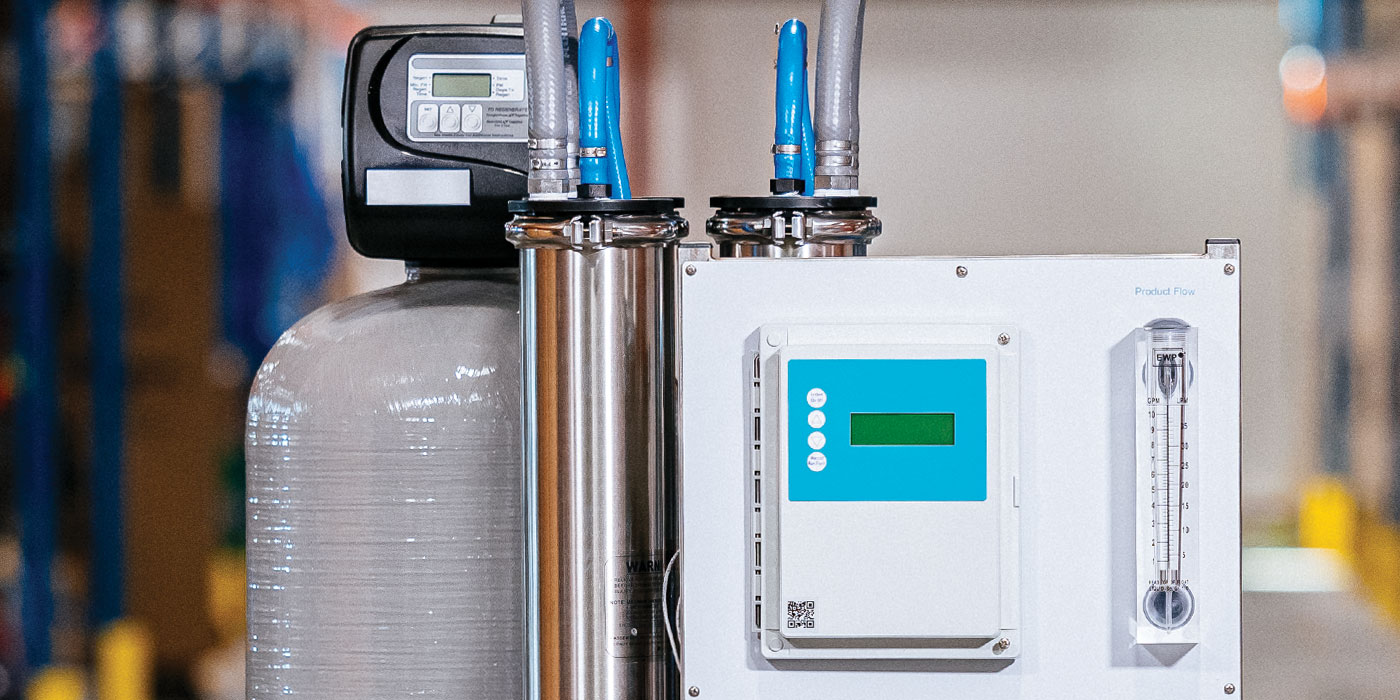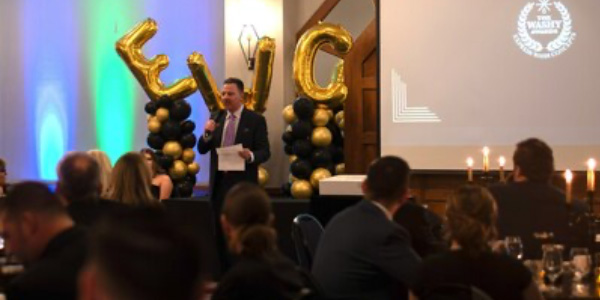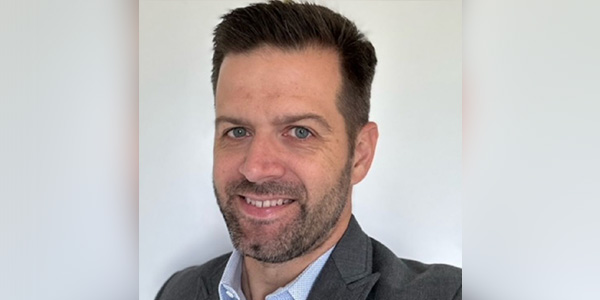Safety hazards are almost inevitable in a carwash environment. Wet surfaces and mechanical equipment present a constant need for employee training and awareness while on the job. Insurance, security cameras and other safeguards can help keep employees safe and aid in dealing with accidents when they occur. The Occupational Safety Hazard Administration (OSHA) is another piece of the puzzle when it comes to safety.
Rules and regulations can change from year to year, and OSHA protocol is no different. We’ve compiled information to help you navigate changes for 2015 as well as avoid workplace accidents, unsafe working conditions and hefty OSHA fines levied for violations.
Notify the authorities
Reporting accidents to OSHA is an important step when workplace mishaps take place. The new year will also bring about a change regarding timelines for contacting the agency about accidents.
According to an OSHA spokesperson, “Beginning January 1, 2015, employers must report to OSHA all work-related fatalities within eight hours and all in-patient hospitalizations, amputations and losses of an eye within 24 hours.”
To report these issues, operators can call the nearest OSHA office (found at www.osha.gov/html/RAmap.html) during normal business hours or the 24-hour OSHA hotline at 1-800-321-OSHA. Online reporting is also available, said the spokesperson.
Identifying safety hazards
Before having to report workplace injuries, OSHA notes, employers should focus on preventing these accidents.
“They should inform workers of hazards in the workplace and provide training at a level and language they can understand. They should [also] provide workers with any personal protective equipment (PPE) required by OSHA regulations,” explains the spokesperson with OSHA.
OSHA continues that carwashes can also save money when they take safety seriously. “Employers who invest in injury and illness prevention programs can expect significant cost savings in addition to reducing fatalities, injuries and illnesses,” the spokesperson adds.
Programs like these usually include a common set of elements, the spokesperson states, including: “management leadership, worker participation, hazard identification, hazard prevention and control, education and training and program evaluation and improvement.”
When it comes to carwashes, OSHA shares some common violations seen at these businesses:
- Failure to provide sufficient personal protection equipment, such as goggles and gloves
- Failure to provide emergency eye wash stations
- Inadequate communication to workers about their exposure to hazardous substances
- Unprotected or improperly labeled electrical and other equipment
- Violations of heat stress and provision of drinking water regulations
- Inadequate structures to keep vermin away from employee areas
- Insufficient washing and toilet facilities
- Insufficient protections from noise exposure.
To help carwashes and other businesses manage workplace hazards and keep employees safe, OSHA offers its On-site Consultation Program free for small and medium-sized businesses across the country.
“On-site consultation services are separate from enforcement and do not result in penalties or citations,” informs the spokesperson. “Consultants from state agencies or universities work with employers to identify workplace hazards, provide advice on compliance with OSHA standards and assist in establishing safety and health management programs.”
Carwashes can find out more about this confidential program at www.osha.gov/consultation, or by calling 1-800-321-OSHA.
Remedy distracting hazards
Vic Kulpa, human resources manager for Hoffman Development Corp., says his company participates in the free, on-site consultation program offered by the New York State Department of Labor (DOL). “The program is part of OSHA and is intended to help businesses provide a safe workplace by offering free professional assistance on safety and health issues,” he explains.
Hoffman invites OSHA to visit each of its locations to identify any safety-related issues. After an inspection, OSHA provides the company with a list of issues to be addressed. According to Kulpa, that list can range from “things as simple as faulty plugs and outlets to identifying machine guards that needed replacing.”
Through the program, no fees or penalties are assessed if any issues are found, notes Kulpa. The carwash or lube does agree to remedy any serious hazards identified, however.
“We must also post the list and correction due dates, and [then] provide the DOL with the correction(s),” shares Kulpa. “During the time that we are working on correcting these hazards, OSHA may not conduct a scheduled inspection at the worksite provided we meet the correction due dates.”
Programs like these help carwashes ensure their environments are safe and friendly for workers. This keeps employees focused on their jobs and allows them to work without distractions, leaving more time to attend to cleaning cars and providing good customer service.
According to Kulpa, “The group that we work with has also been helpful in providing us with information on safety and health related topics and has conducted training for us.”
Work with the experts
Kulpa believes participation in the program keeps his company’s safety awareness at a higher level, even between inspections. Hoffman has also seen its number of safety issues decrease since starting the program.
“In our very first inspection in 2008 we were informed of 71 hazards that we addressed,” shares Kulpa. “This year, and four inspections later, we are down to a total of only 24 discrepancies (the majority of them minor in nature) in 28 separate locations. We are also very proud of the fact that we had seven carwash and seven Jiffy Lube locations that did not have any hazards identified.”
Hoffman invites the consultation group back every two years, notes Kulpa. “The safety consultants who visit our locations are experts in their [fields] and work hard at trying to find something,” he adds.
Preparation and training
To prepare for the visits, Kulpa says, locations often begin preparing three to four months in advance.
“We have had nothing but success with the program and expect to continue the inspections,” reports Kulpa. “The number of hazards continues to [decrease], the inspectors comment that they have to really dig to find something (which is OK), and the fact that some stores end up without any hazards has become a source of pride among those store managers.”
Hoffman’s employees have also benefited from training provided by the group.
“They were happy to help by providing the templates that we needed to update our documentation, they assisted in the identification and upgrading of our equipment, and conducted the classroom and on-site training for our teams,” Kulpa says. “Like the inspections, all at no cost to the company.”














